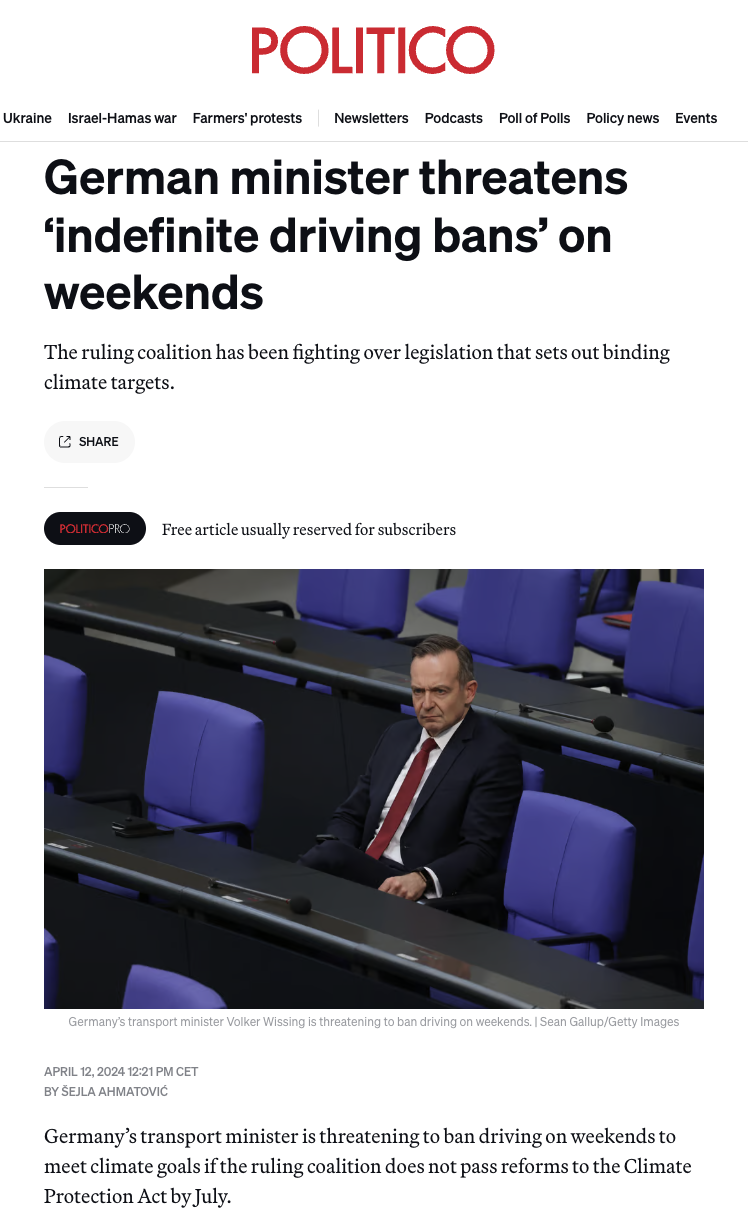https://www.vice.com/en_us/article/paqbpv/the-wrong-way-to-make-your-house-energy-efficient
I Tried to Make My Home Energy Efficient and It’s Ruining My Life
ByDavid Dayne illustrated byPedro D’Apremont
Dec 19 2017, 4:30pm
People across America are pitched what seems like a win-win: make your house more climate-friendly for little or no money down. Advocates say it’s a nightmare.
Illustration by Pedro D’Apremont
Leonard McBean had been told for months that his south Los Angeles home was a firetrap. Decades-old wiring had never been replaced, a common situation in his low-income neighborhood. One Tuesday morning, McBean asked a friend about the electrical contractor working on their house. By Wednesday night, the same contractor—a man who gave his name as Yogi—had approved the Jamaican immigrant for $18,000 in energy-efficient improvements.
“I said, ‘I don’t have that money,” McBean, a 67-year-old retired medical shuttle driver, told me. “He said, ‘Mr. McBean, don’t worry, you’re not going to pay a lot, just $100 a month.’ He said it was an Obama program.”
When McBean electronically signed the contract two years ago, he didn’t realize he was consenting to have a lien placed on his house, meaning the county could take the home away for lack of payment. He didn’t know the escrow payment attached to his mortgage would jump $400 a month. He didn’t know the lien would make the home difficult to sell.
“If I saw anybody with this intention, I would tell them no, don’t do it,” McBean said. “It’s going to be a nightmare for you, it’s going to be a rip-off.”
McBean was ensnared in a harmless-sounding program called Property Assessed Clean Energy (PACE), which helps people finance solar panels or energy-efficient windows with no money down. Homeowners pay through a surcharge assessed to property taxes, enjoying clean-energy upgrades that might otherwise be out of reach financially. And society benefits from more energy-efficient housing stock. “You can go solar right now,” President Obama, a longtime PACE booster, said last year. “And in the process, you can help America lead the world in the fight against climate change and for a cleaner, safer planet for our kids.”
“This is the next subprime crisis.”—Anne Richardson. Public Counsel
ADVERTISEMENT
But public-interest lawyers and housing advocates—some of whom are representing plaintiffs in civil suits over PACE financing—warn that aggressive salespeople dupe homeowners into high-cost projects they can’t afford. Victims complain of shoddy workmanship, overcharges, and add-ons that have little to do with clean energy. They often have no idea what they owe until receiving an exorbitant property tax bill. Lack of payment can lead to foreclosure. And it’s happening without oversight from the federal agency that’s supposed to protect consumers from financial scams—the one that recently got taken over by a top Trump official.
“This is the next subprime crisis,” said Anne Richardson of Los Angeles-based Public Counsel, the nation’s largest pro bono law firm. “It’s a frightening development.”


